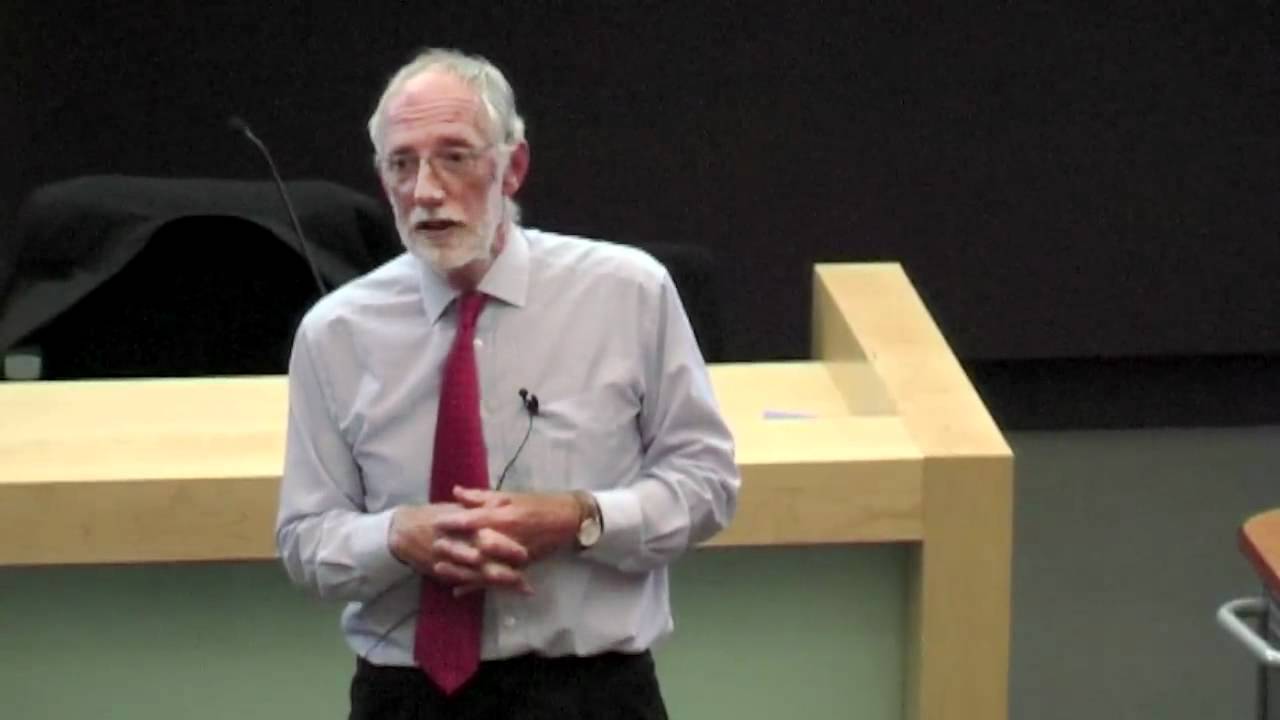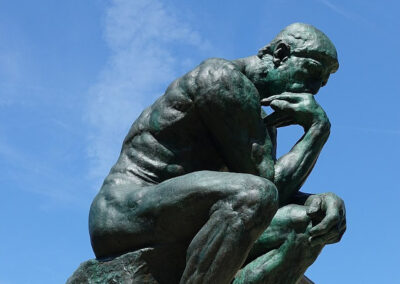Feelings: The practitioner is encouraged to explore any thoughts or feelings they had at the time of the event. It is important the practitioner is honest with how they feel, even if these feelings might be negative. Only once the feelings have been identified can the practitioner implement strategies to overcome these barriers.
Evaluation: gives an opportunity to discuss what went well and analyse practice. It is also important to consider areas needed for development and things that did not work out as initially planned.
Gibbs’ Reflective Cycle, lends itself particularly well to repeated experiences. It covers 6 stages:
• Description of the experience
• Feelings and thoughts about the experience
• Evaluation of the experience, both good and bad
• Analysis to make sense of the situation
• Conclusion about what you learned and what you could have done differently
• Action plan for how you would deal with similar situations in the future, or general changes you might find appropriate.
Critical reflection is viewed by many as the cognitive process linking theory and practical work, vital in critical thinking. Theory, and especially research and evidence-based facts – help us to understand the world beyond our own experience. Reflecting on theory – combined with personal experience – offers a potent basis for inspiring new ideas to put into effect, to achieve continuous improvement and development.
Systematically using reflection to consider what theory has to offer for our own learning and professional work can help us move from thought to action. After all, theory based on solid research evidence is largely recycled ‘best practice’ from the relevant field of study. Organizational theory is mainly drawn from studies in the workplace, and specifically for example, the management theorist Meredith Belbin’s research into management teams has created a body of knowledge and understanding about team dynamics and effectiveness. The business world has used this wider knowledge to understand how to minimize errors in recruitment and team working, and to improve team effectiveness for improved productivity and growth. Dewey supported the idea of theory drawn from practical experience and applied back to practical action – a loop of reflection and action, for learning and development.
Reflexivity and reflective learning together empower critically reflective learners for continuous improvement in performance, at individual and organizational levels. These powerful implications for learning suggest that the reflective practitioner can transcend basic training and knowledge transfer, to instead facilitate real growth in people and in groups, and the fulfilment of human potential (US-English fulfilment).







